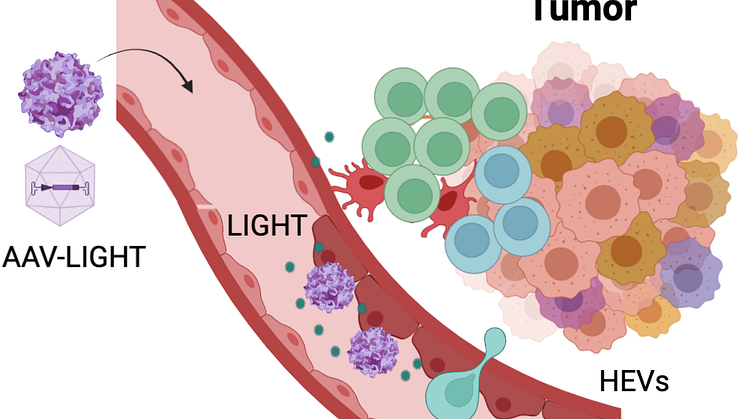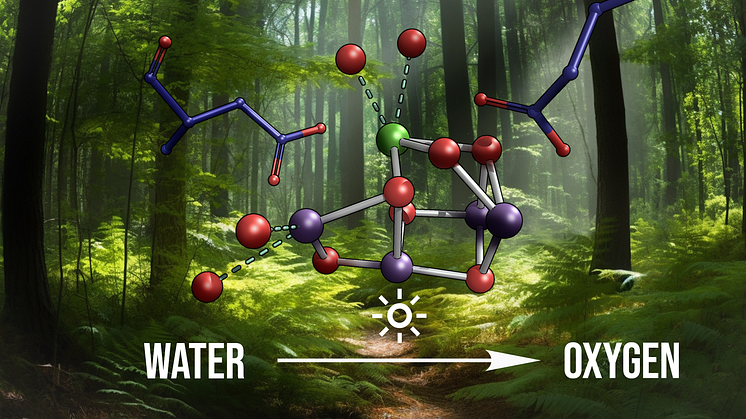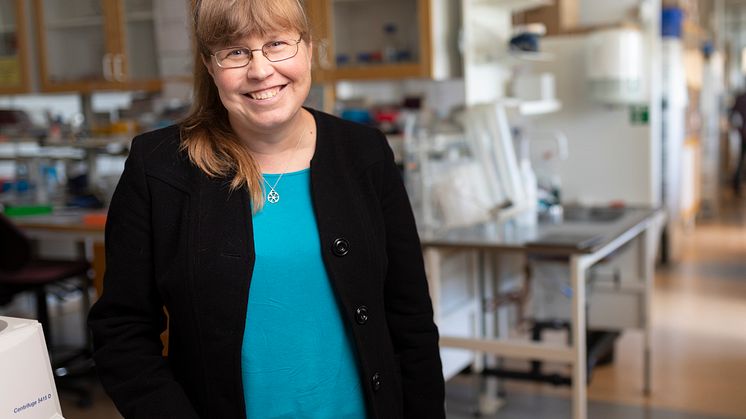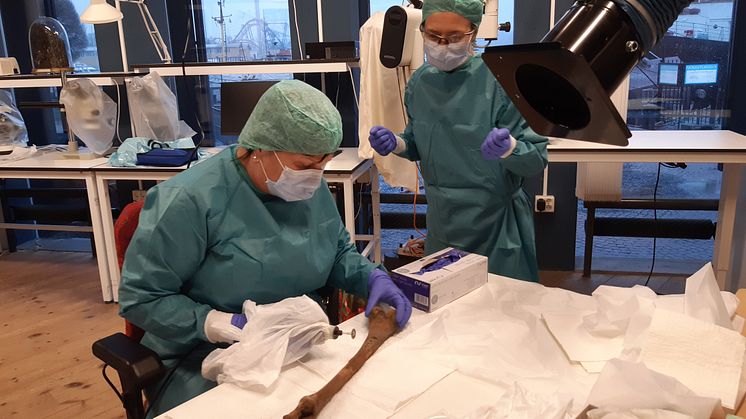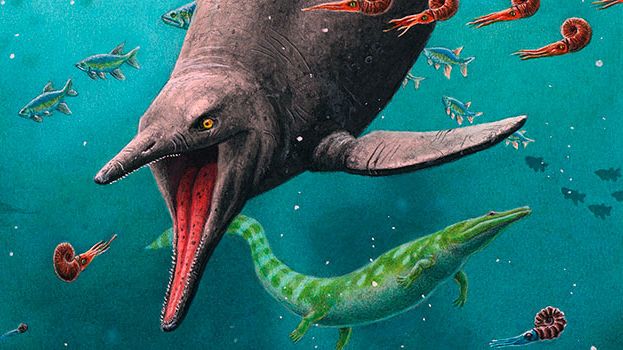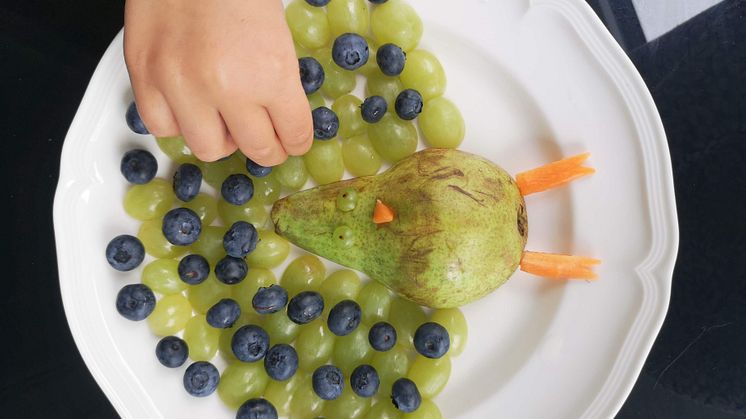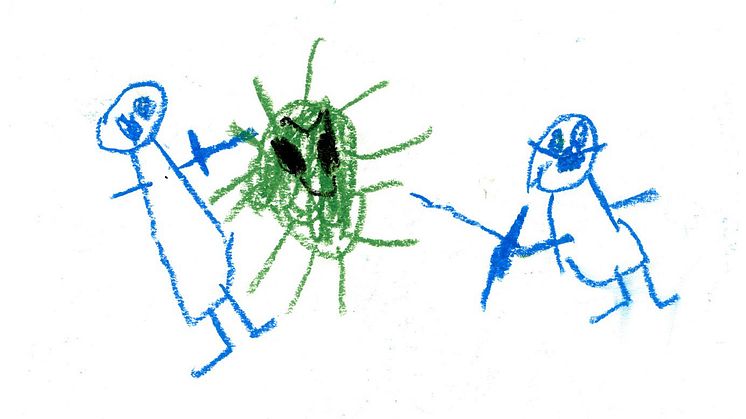Alexander Wendt and Martha Finnemore awarded the Johan Skytte Prize in Political Science
The Johan Skytte Foundation is delighted to announce that Alexander Wendt and Martha Finnemore have been jointly awarded the Johan Skytte Prize in Political Science. The prize is a recognition of their exceptional contributions to the field, particularly in advancing the constructivist approach to the study of international relations.

